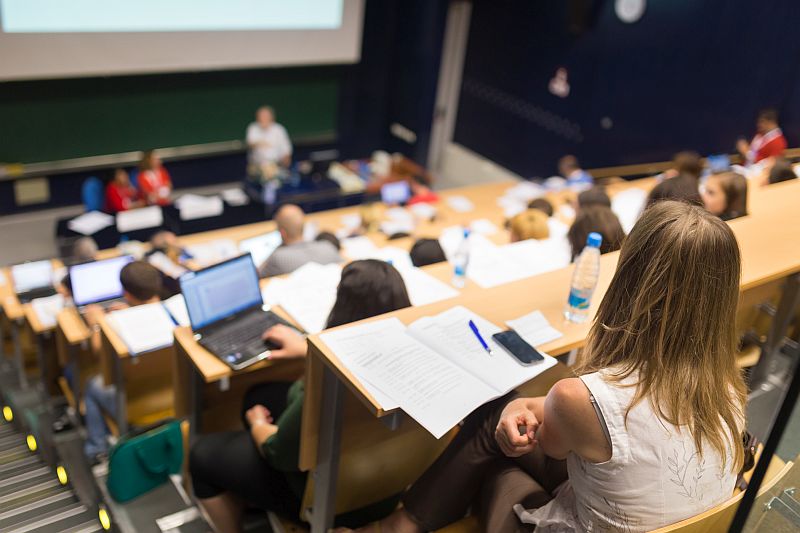Comenius Teaching Fellow grant for Dr. May Lee
Dr. May Lee of the Institute for Science Education and Communication (ISEC) has been awarded a Comenius Teaching Fellow grant by the NRO (“Nationaal Regieorgaan Onderwijsonderzoek”). She receives around EUR 50,000 for her project ‘Developing a Framework to Optimize Existing Curricula for Hybrid Instruction’.
Many students attend university to study STEM – science, technology, engineering and mathematics – fields. Given the recent increases in Bachelor’s students enrolling in those studies, large courses often lack the physical space to accommodate all enrolled students during lectures/tutorials at the same time. Thus, universities need to reconsider how those courses are organized. One solution is hybrid education. This project proposes a framework, based on research of effective teaching practices, that instructors can use to adapt their existing curricula to a hybrid form.
Comenius Progra mme
The Comenius programme contributes to the innovation and improvement of higher education in the Netherlands. The programme consists of three types of grants: ‘Teaching Fellow’, ‘Senior Fellow’ and ‘Leadership Fellow’. The grants enable education professionals to put their ideas for educational innovation into practice.

More news
-
29 January 2026
Microplastic research - media hype or real danger?
-
27 January 2026
ERC Proof of Concept grant for Maria Loi
